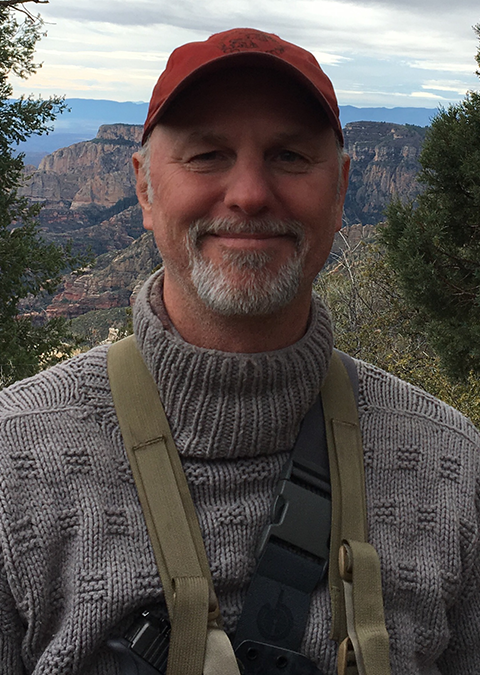
The Wisconsin Center for Wildlife and the UW-Stevens Point College of Natural Resources invite you to the first seminar of the series:
The Pittman-Robertson Act: Fueling the Conservation Engine
January 31, 2024
4 - 5 pm
in TNR 170 on the UW-STevens Point Campus
or join live, virtually:
Wildlife Science Coordinator
Arizona Game and Fish Department
For more than 80 years, the Pittman-Robertson (Wildlife Restoration) Act has been a model for conservation based on vested interests and is envied worldwide. This Act established a cooperative conservation program among states, territories, industry, and the federal government funded by manufacturer taxes on ammunition, firearms, and archery equipment. These funds supported the restoration of depleted wildlife populations and their habitat and continue to provide a substantial financial foundation for many critical conservation activities. Although these funds were initially focused on hunted species, the conservation actions benefited all species and habitats. Successful future conservation in a changing ecological and sociological world will require an expansion of the funding base for conservation.

Jim Heffelfinger is the Wildlife Science Coordinator for the Arizona Game and Fish Department, a Full Research Scientist in the School of Natural Resources and the Environment at the University of Arizona, and the Chairman of the Mule Deer Working Group sponsored by the Western Association of Fish and Wildlife Agencies. Jim has 30+ years of experience working in conservation. He has authored and coauthored 300+ publications, including dozens of scientific papers, 20 book chapters, TV scripts, magazine articles, and “Deer of the Southwest.” Jim was the lead editor of “Ecology and Management of Black-tailed and Mule Deer of North America.” He is an active IUCN Sustainable Use and Livelihoods Specialist Group member.
